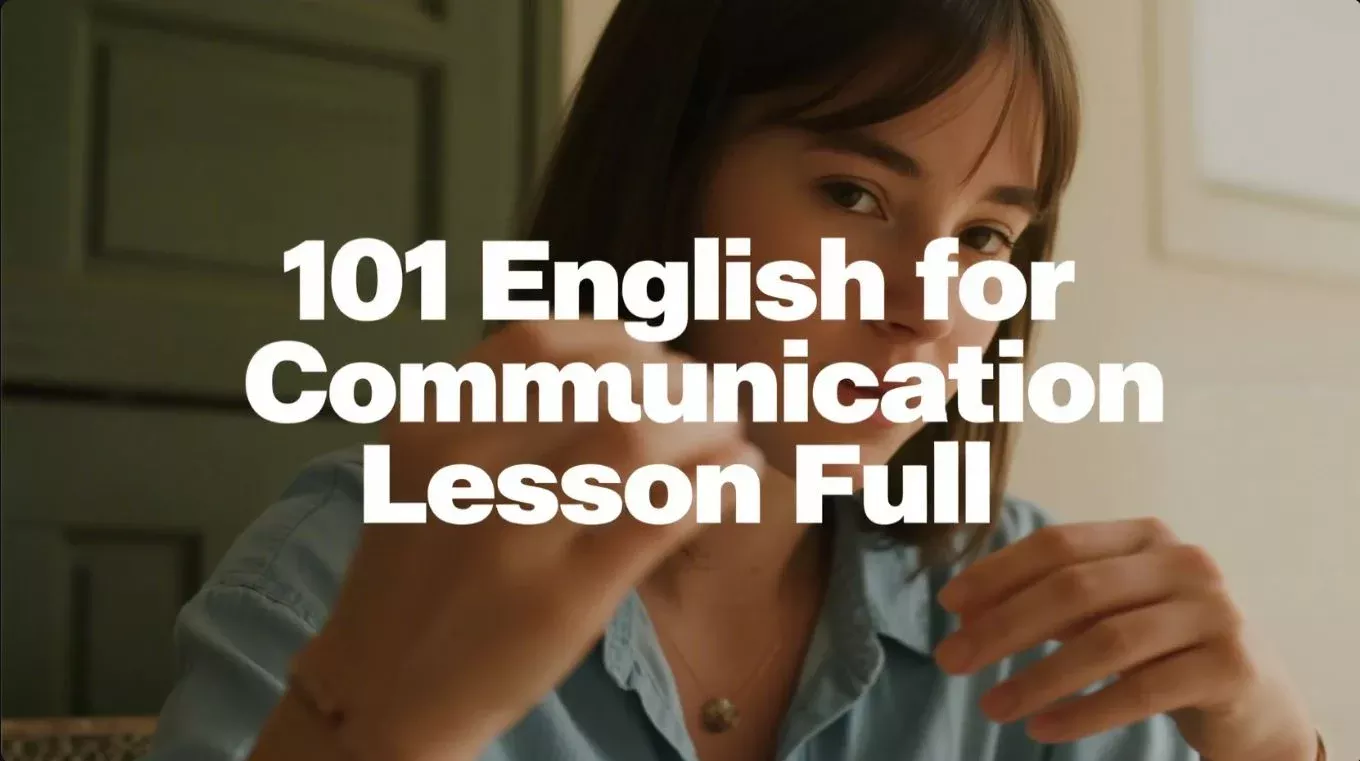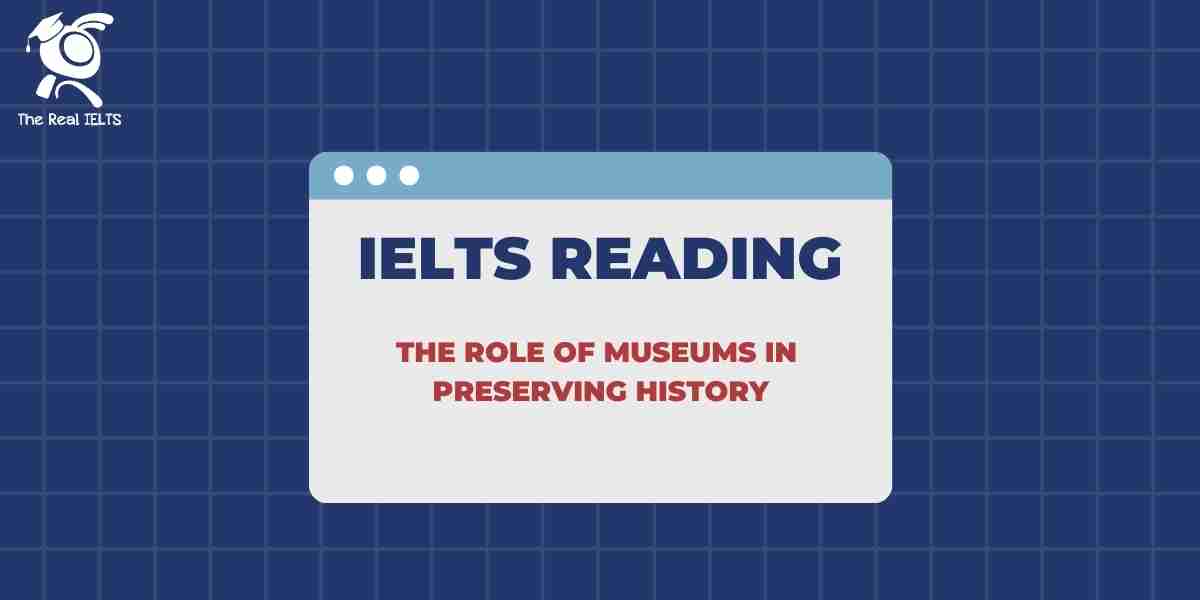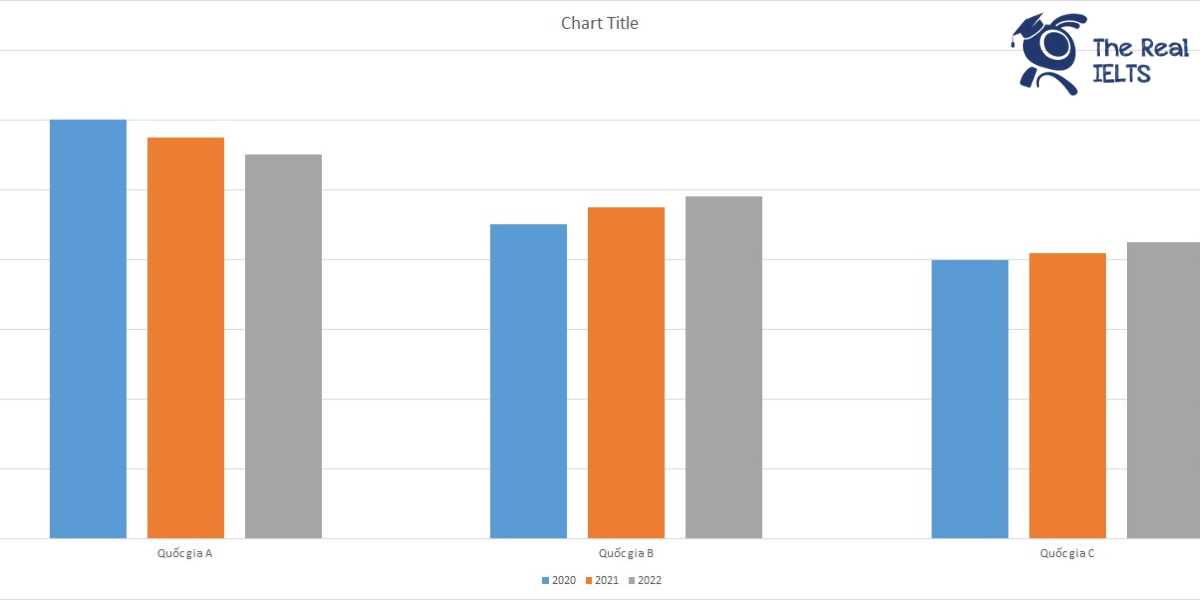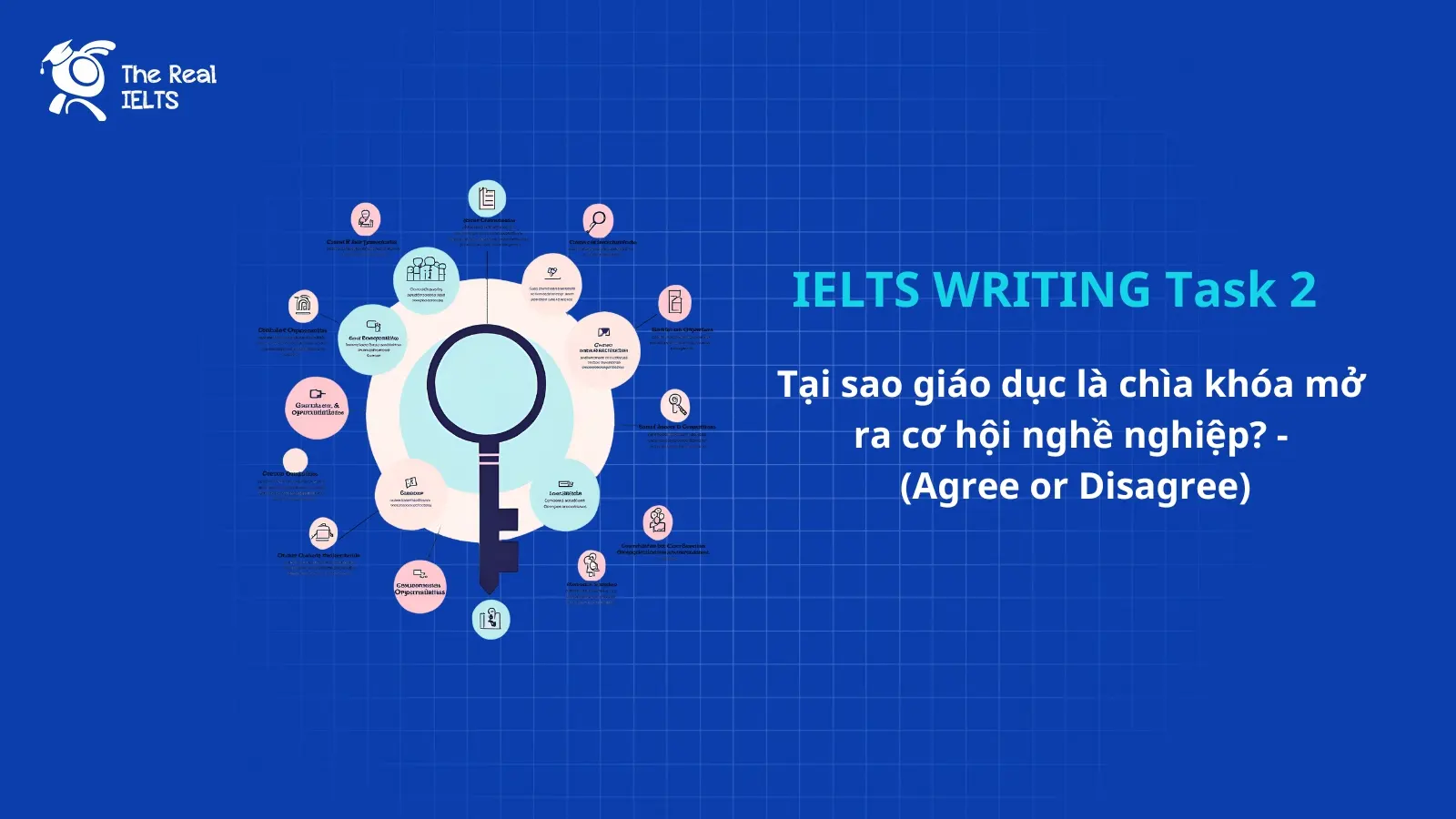Đề thi IELTS Reading có tiêu đề “The Influence of Television on Children”
Nhớ đọc thêm các bài luyện thi IELTS nhé.
IELTS Reading “The Influence of Television on Children“
Television has long been a significant part of children’s lives, serving as a source of entertainment, education, and cultural exposure. However, the influence of television on children has been a topic of debate among educators, psychologists, and parents. While television can offer educational content and promote learning, it can also expose children to negative influences, impact their behavior, and affect their development in various ways.
One of the primary concerns regarding television’s influence on children is the content they are exposed to. While there are many educational programs designed to teach children valuable lessons, not all content is suitable for young audiences. Violent or inappropriate content can desensitize children to aggression, leading to increased fear, anxiety, and even aggressive behavior in some cases. Studies have shown that children who watch violent television programs are more likely to exhibit aggressive behavior, as they may imitate the actions of characters they see on screen. This can also lead to a distorted perception of reality, where children may struggle to differentiate between what is real and what is fictional.
Another significant impact of television on children is its effect on their cognitive and social development. Excessive television viewing can interfere with the development of critical thinking and problem-solving skills. When children spend long hours in front of the television, they have less time for activities that promote cognitive growth, such as reading, playing, and engaging in creative activities. This can lead to a decline in academic performance, as children may struggle to focus in school and retain information. Furthermore, television can impact children’s social skills, as they may become more isolated and less likely to engage in social interactions with peers and family members.
The physical health of children is also influenced by their television viewing habits. Prolonged periods of sitting in front of the television can contribute to a sedentary lifestyle, leading to obesity and related health issues. The lack of physical activity can also affect children’s motor skills and overall physical development. Additionally, the exposure to advertisements for unhealthy foods and snacks can influence children’s eating habits, leading to poor nutritional choices and further exacerbating the risk of obesity.
Despite these concerns, television can also have positive effects on children when used appropriately. Educational programs can help children develop language skills, learn about different cultures, and acquire knowledge in various subjects. Shows that promote prosocial behavior, such as sharing, empathy, and cooperation, can have a positive influence on children’s social development. Furthermore, television can serve as a tool for parents to bond with their children by watching programs together and discussing the content.
To mitigate the negative effects of television on children, parents and caregivers play a crucial role in monitoring and guiding their television viewing habits. Setting limits on screen time, choosing age-appropriate content, and encouraging children to engage in other activities are essential steps in ensuring that television has a positive impact on their development. Additionally, parents can watch television with their children and use it as an opportunity to discuss important topics, clarify any misconceptions, and reinforce the lessons learned from educational programs.
In conclusion, television has a profound influence on children, with both positive and negative implications. While it can be a valuable educational tool, it also has the potential to impact children’s behavior, cognitive development, and physical health. By actively monitoring and guiding children’s television viewing, parents can help maximize the benefits of television while minimizing its potential harms. Ultimately, the key lies in finding a balance that allows children to enjoy the positive aspects of television while protecting them from its negative effects.
Đề bài thi IELTS Reading
Multiple Choice Questions (10 questions)
- What is one of the primary concerns about children’s television viewing?
- A) Exposure to violent content
- B) Lack of access to educational programs
- C) Too much time spent with family
- D) Inability to understand the content
- How can violent television content affect children?
- A) Increase their social skills
- B) Decrease their academic performance
- C) Lead to aggressive behavior
- D) Improve their cognitive development
- What is a positive aspect of educational television programs?
- A) Encourages sedentary behavior
- B) Promotes aggressive behavior
- C) Helps develop language skills
- D) Causes obesity
- What is the impact of television on children’s social development?
- A) Enhances their problem-solving skills
- B) Improves their motor skills
- C) Reduces social interaction with peers
- D) Encourages family bonding
- What can prolonged television viewing lead to in terms of physical health?
- A) Improved physical fitness
- B) Obesity and related health issues
- C) Better motor skills development
- D) Increased academic performance
- Which of the following is NOT a suggested way for parents to guide children’s television viewing?
- A) Setting limits on screen time
- B) Choosing age-appropriate content
- C) Allowing unlimited viewing
- D) Discussing content with children
- How can parents use television as a tool for bonding with their children?
- A) By setting strict rules on viewing
- B) By watching programs together
- C) By ignoring the content
- D) By restricting television use entirely
- What can excessive television viewing interfere with in children?
- A) Development of language skills
- B) Formation of aggressive behavior
- C) Social interactions with family
- D) Critical thinking and problem-solving skills
- What is one way that television can positively influence children’s social development?
- A) By promoting prosocial behavior
- B) By encouraging isolation
- C) By desensitizing them to violence
- D) By decreasing their empathy
- Which of the following is a potential benefit of educational television programs?
- A) Decline in academic performance
- B) Increased fear and anxiety
- C) Learning about different cultures
- D) Development of poor eating habits
True/False/Not Given Questions (10 questions)
- Violent content on television always leads to aggressive behavior in children.
- True
- False
- Not Given
- All television content is suitable for young audiences.
- True
- False
- Not Given
- Television can replace other activities that promote cognitive growth.
- True
- False
- Not Given
- Watching television together can help parents bond with their children.
- True
- False
- Not Given
- Television always has a negative impact on children’s social skills.
- True
- False
- Not Given
- Television is the primary cause of childhood obesity.
- True
- False
- Not Given
- Parents have no control over the content their children watch on television.
- True
- False
- Not Given
- Television can contribute to the decline in children’s motor skills.
- True
- False
- Not Given
- Educational television programs are designed to entertain rather than educate.
- True
- False
- Not Given
- Television can help children develop empathy and cooperation.
- True
- False
- Not Given
Yes/No/Not Given Questions (5 questions)
- Does the author believe that television can have both positive and negative effects on children?
- Yes
- No
- Not Given
- Does the author suggest that parents should completely ban television for their children?
- Yes
- No
- Not Given
- Does the author think that television can replace other forms of learning for children?
- Yes
- No
- Not Given
- Does the author agree that parents should watch television with their children?
- Yes
- No
- Not Given
- Does the author suggest that all television programs are beneficial for children’s development?
- Yes
- No
- Not Given
Matching Headings (5 questions)
Match the following headings to the corresponding paragraphs.
- Paragraph A:
- A) The Role of Parents in Guiding Television Viewing
- B) Television’s Impact on Physical Health
- C) The Positive Aspects of Television
- D) The Dangers of Violent Content
- Paragraph B:
- A) The Role of Parents in Guiding Television Viewing
- B) Television’s Impact on Physical Health
- C) The Positive Aspects of Television
- D) The Dangers of Violent Content
- Paragraph C:
- A) The Role of Parents in Guiding Television Viewing
- B) Television’s Impact on Physical Health
- C) The Positive Aspects of Television
- D) The Dangers of Violent Content
- Paragraph D:
- A) The Role of Parents in Guiding Television Viewing
- B) Television’s Impact on Physical Health
- C) The Positive Aspects of Television
- D) The Dangers of Violent Content
- Paragraph E:
- A) The Role of Parents in Guiding Television Viewing
- B) Television’s Impact on Physical Health
- C) The Positive Aspects of Television
- D) The Dangers of Violent Content
Matching Sentence Endings (5 questions)
Complete the sentences by matching the beginning with the correct ending.
- Violent television content can lead to
- A) a decline in physical activity.
- B) improved problem-solving skills.
- C) increased fear and anxiety.
- D) stronger family bonds.
- Educational programs on television can help children
- A) become isolated from their peers.
- B) develop language skills.
- C) lose focus in school.
- D) exhibit aggressive behavior.
- Excessive television viewing can interfere with
- A) children’s development of motor skills.
- B) social interaction with family members.
- C) the growth of cognitive abilities.
- D) making healthy food choices.
- Watching television with children allows parents to
- A) restrict children’s access to content.
- B) guide their understanding of programs.
- C) limit screen time.
- D) ignore violent content.
- Parents can maximize the benefits of television by
- A) allowing children to watch any program.
- B) encouraging children to watch alone.
- C) choosing educational content.
- D) promoting unlimited screen time.
Sentence Completion (5 questions)
Complete the sentences with the correct word or phrase from the passage.
- Violent television content can desensitize children to __________.
- A) fear
- B) language
- C) social skills
- D) cognitive growth
- Excessive television viewing can contribute to a __________ lifestyle.
- A) sedentary
- B) active
- C) social
- D) creative
- Educational programs are designed to help children develop __________ skills.
- A) social
- B) motor
- C) language
- D) critical thinking
- Parents can guide children’s television viewing by __________ screen time.
- A) limiting
- B) increasing
- C) ignoring
- D) encouraging
- Television can positively influence children’s social development by promoting __________ behavior.
- A) aggressive
- B) prosocial
- C) violent
- D) isolated
Đáp án bài thi IELTS Reading
Multiple Choice Questions (10 questions)
- A) Exposure to violent content
- C) Lead to aggressive behavior
- C) Helps develop language skills
- C) Reduces social interaction with peers
- B) Obesity and related health issues
- C) Allowing unlimited viewing
- B) By watching programs together
- D) Critical thinking and problem-solving skills
- A) By promoting prosocial behavior
- C) Learning about different cultures
True/False/Not Given Questions (10 questions)
- False
- False
- True
- True
- False
- Not Given
- False
- True
- False
- True
Yes/No/Not Given Questions (5 questions)
- Yes
- No
- No
- Yes
- No
Matching Headings (5 questions)
- D) The Dangers of Violent Content
- C) The Positive Aspects of Television
- A) The Role of Parents in Guiding Television Viewing
- B) Television’s Impact on Physical Health
- C) The Positive Aspects of Television
Matching Sentence Endings (5 questions)
- C) increased fear and anxiety.
- B) develop language skills.
- C) the growth of cognitive abilities.
- B) guide their understanding of programs.
- C) choosing educational content.
Sentence Completion (5 questions)
- A) fear
- A) sedentary
- C) language
- A) limiting
- B) prosocial
Luyện tập bài khác ở bài viết:”100 bài luyện IELTS Reading 2024 – 2025“















